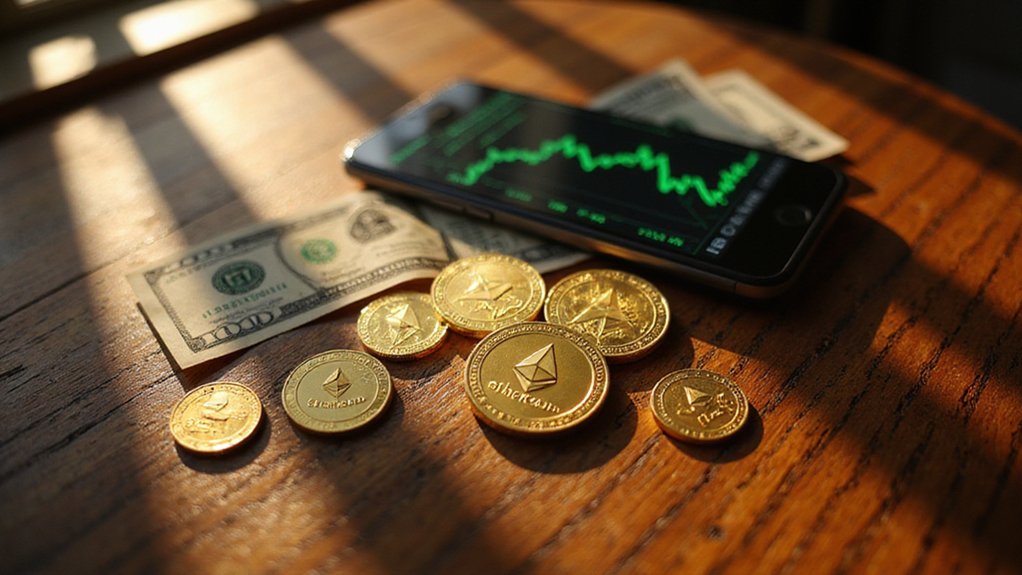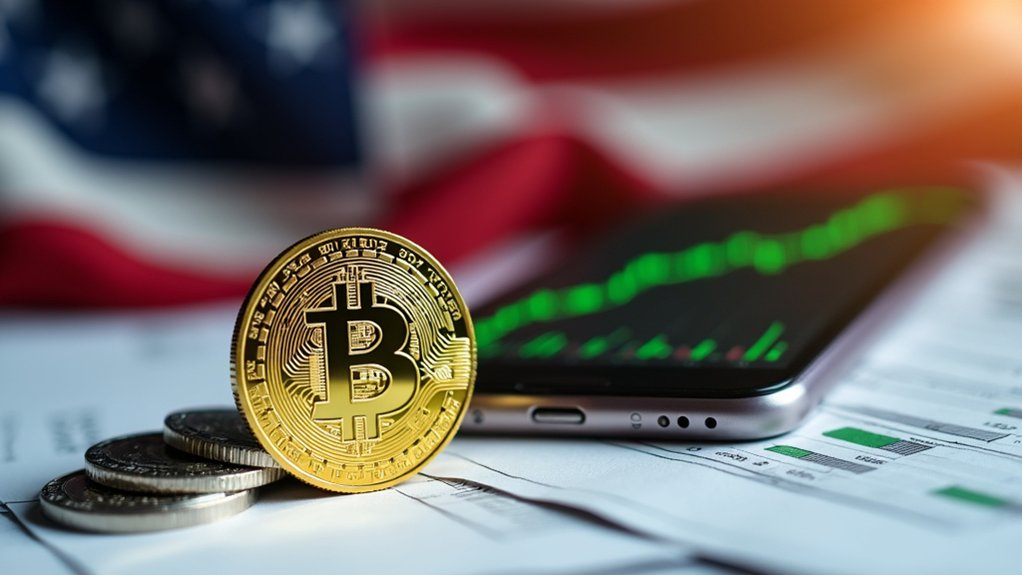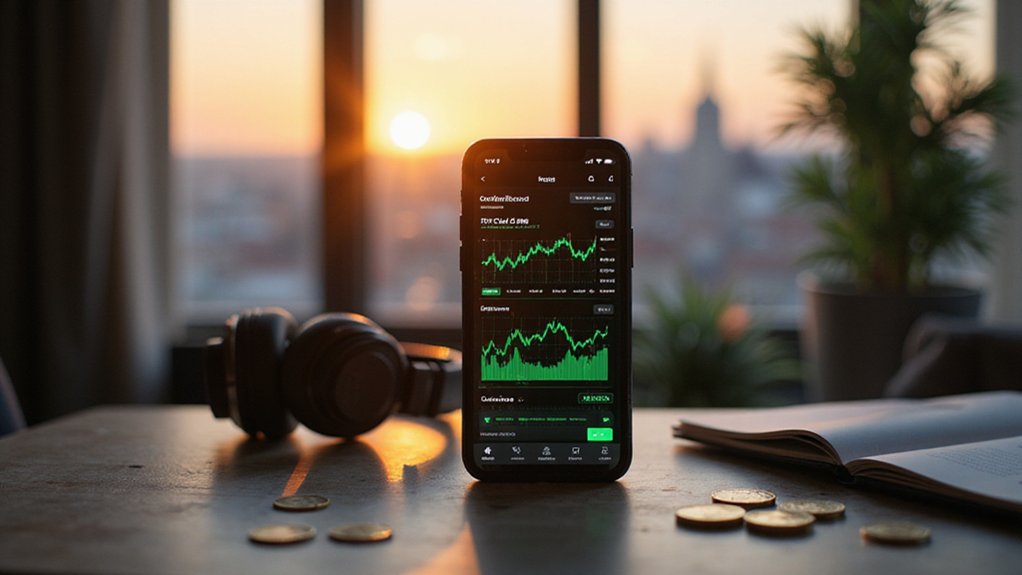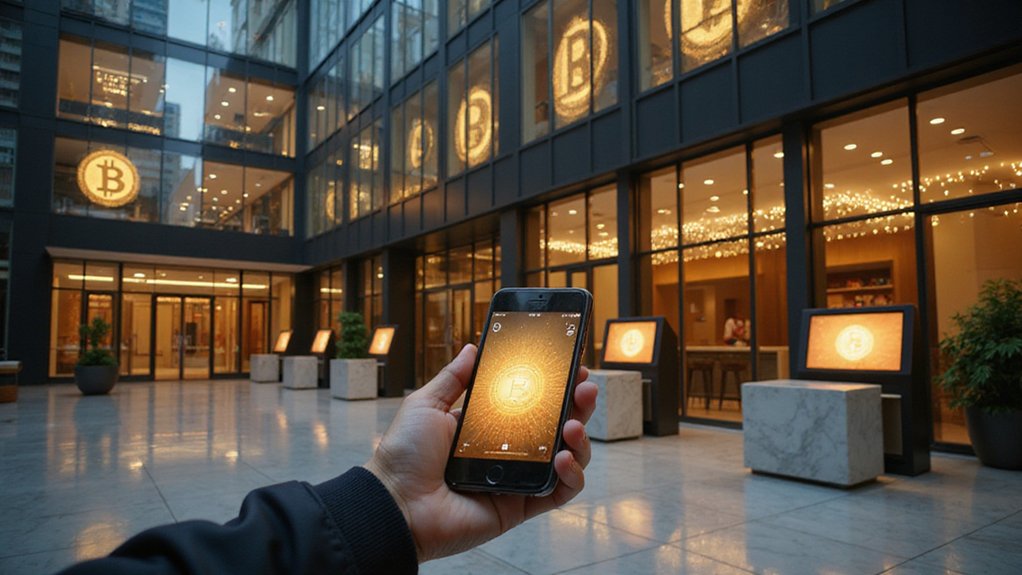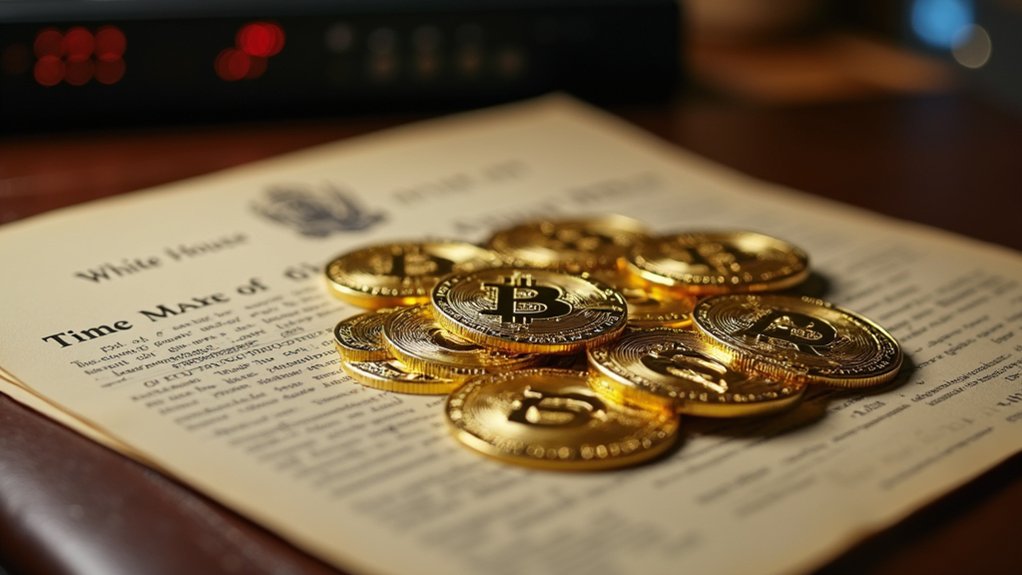Innovation, it seems, has found yet another regulatory sandbox to call home. The Dubai Financial Services Authority has granted unprecedented regulatory approval for the QCD Money Market Fund, marking the first tokenized money-market fund to operate within the Dubai International Financial Centre. This development represents more than mere regulatory accommodation—it signals Dubai’s calculated pivot toward compliant digital asset finance.
The fund’s architecture reflects an intriguing marriage of traditional banking prowess and fintech innovation. Qatar National Bank leads investment strategy and asset origination, while DMZ Finance provides the blockchain infrastructure that transforms conventional money market assets into tradeable tokens. This collaboration between established financial institutions and emerging technology firms suggests that tokenization may finally be shedding its speculative reputation.
This institutional collaboration suggests tokenization may finally be shedding its speculative reputation through established banking partnerships.
The timing appears fortuitous, given projections that real-world asset tokenization could reach $18.9 trillion globally by 2033. Dubai and Doha are positioning themselves as early adopters in this nascent market, potentially capturing significant institutional capital flows.
The fund’s blockchain-based architecture promises enhanced transparency, real-time settlement, and fractional ownership capabilities—features that traditional money market instruments have historically lacked. The tokenization process enables fractional ownership of previously indivisible assets while eliminating traditional intermediaries through smart contracts.
For investors, the proposition offers access to previously illiquid assets through a regulated framework that maintains institutional-grade security measures. The tokenization process theoretically reduces barriers to entry while expanding the global investor base capable of participating in Dubai’s financial ecosystem.
Whether this translates to meaningful diversification opportunities or merely adds technological complexity to straightforward investments remains to be seen.
The regulatory approval establishes a precedent that could accelerate broader adoption of blockchain technology within traditional finance. Dubai’s willingness to embrace tokenized assets while maintaining compliance standards may attract international partnerships and investment flows seeking regulatory clarity.
The success of this money market fund could determine whether other asset classes—real estate, commodities, or corporate debt—follow similar tokenization pathways.
This development positions Dubai as a potential global leader in tokenized finance, assuming the fund’s performance validates the underlying technology and regulatory framework. The convergence of traditional banking expertise with blockchain innovation may well represent the future of asset management in the Middle East.


